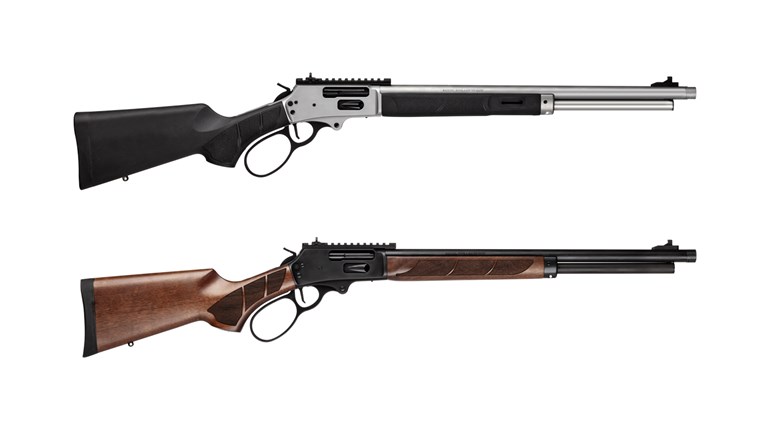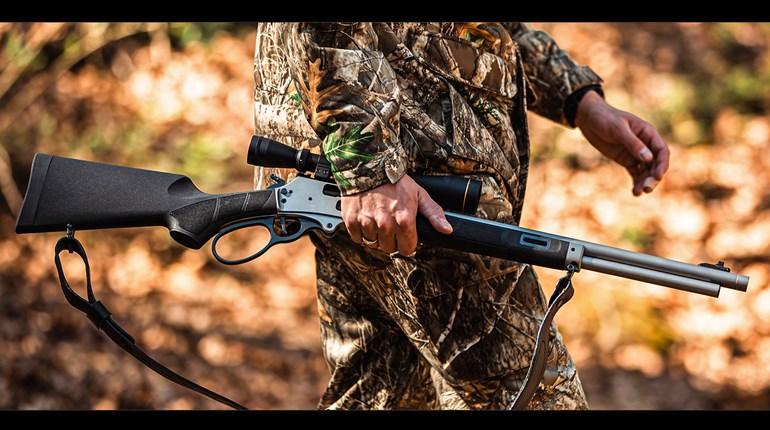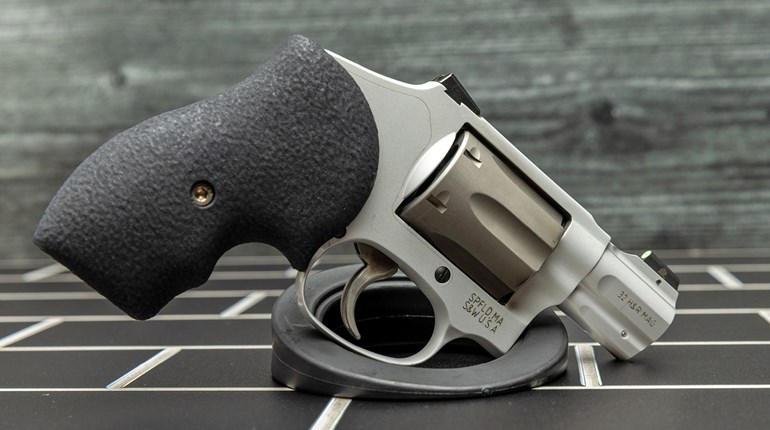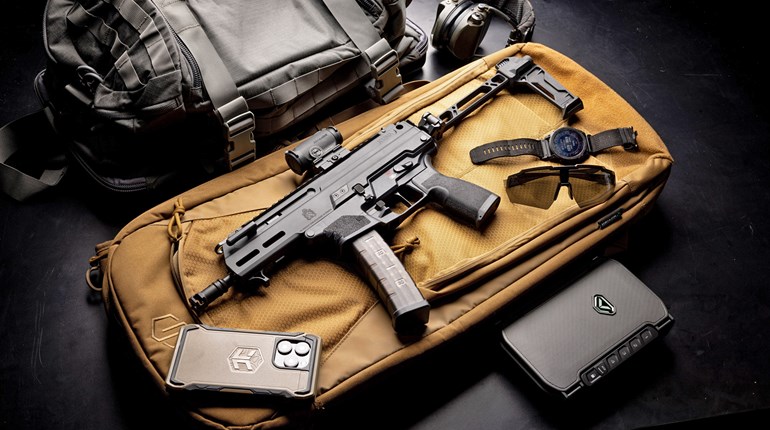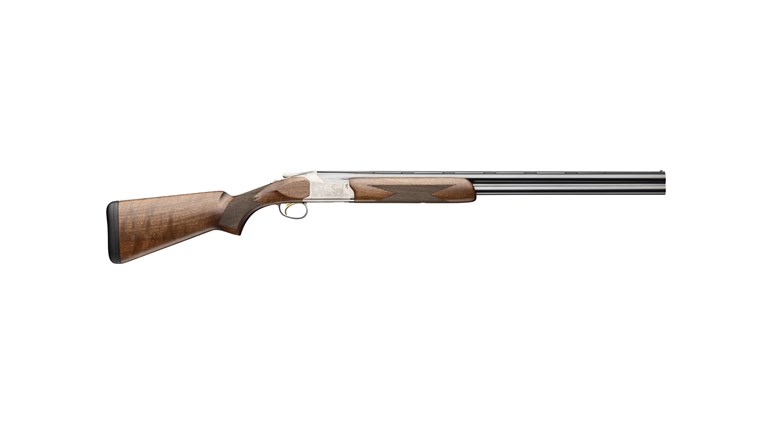
It’s always best to err on the side of caution, especially where firearms are concerned. If your revolver chambers and is marked for milder .38 S&W ammunition, that’s what you should shoot.
Several years ago, I came to possess a Smith & Wesson revolver, serial number V 46XXX. My great-grandfather carried it in World War II, bringing it home with him after the war. The gun was stored in a cabinet in his study, presumably until his passing, after which it passed through the hands of several family members over the years. The revolver finally ended up in my possession because I was the only one in the family with an interest in firearms.
It came to me with a box of 158-grain, round-nose .38 Spl. ammunition for which I assumed it was chambered. After firing a full cylinder of this ammunition, I noticed the spent cases were slightly bulged when extracted. This caught my attention, as they were hard to extract even though they did not seem to be overly powerful. Upon closer examination, the revolver had a number of interesting points of information engraved in various locations. For example, a rollmark on one side of the barrel states it is chambered for the .38 S&W cartridge, and on the other side it reads .38 Spl. Aren’t they different cartridges? Each chamber, the frame and the barrel have what I am told are British proofmarks stamped into the metal. Is this unusual or just another piece of history?
James Rash, via e-mail
The revolver you have, according to the serial number, is an early example of what is known as a Smith & Wesson Victory Model revolver. They were made for domestic and overseas use by American forces and our allies during World War II. The revolvers were chambered in .380/200, which is the British designation for the .38 S&W cartridge as well as the .38 Spl. cartridge. Even though the cartridges sound similar, they are not actually close enough in dimension to interchange with one another.
The .38 S&W cartridge is slightly larger in diameter and a bit shorter than the .38 Spl. The proper diameter bullet for the .38 S&W is slightly larger—.360 inch—than the .38 Spl., which is .357 inch. Industry maximum pressure specifications for the .38 S&W cartridge are slightly lower than the industry maximums for the .38 Spl. cartridge in its standard load.
These two cartridges, because of their length and diameter differences, do not and should not interchange.
From your description of the bulged .38 Spl. cartridges fired in your revolver, it would appear that the original chambering of the gun was for the larger-diameter .38 S&W cartridge, and that it was later reamed to lengthen the chamber to accept the longer .38 Spl. cartridges by British Ordnance personnel. This would possibly explain the British proof marks you mentioned on the cylinder, frame and barrel of your revolver, in addition to the multiple engravings of
.38 S&W and .38 Spl. on the barrel.
A simple way to determine what the gun was originally chambered for would be to fill the cylinder with .38 S&W cartridges to see if they will fit and fire. If they fire and extract without difficulty, the revolver is being fired with the correct ammunition. Of course, .38 S&W ammunition is too large in diameter to fit in a .38 Spl. chamber as previously mentioned and would not fully seat in the cylinder if the original chambering was, in fact, .38 Spl.
While it may be true that you can fire both .38 S&W and .38 Spl. ammunition in your revolver, the original intent when manufactured was not to produce a multi-caliber wheelgun. Even though the gun may have been proofed to fire .38 Spl. ammunition, it is likely to have been chambered in .38 S&W originally. If it will chamber and function with the relatively milder .38 S&W ammunition, that would be my choice for your gun were it mine, as a matter of safety. Bulged cases are a sign that something isn’t quite right.











